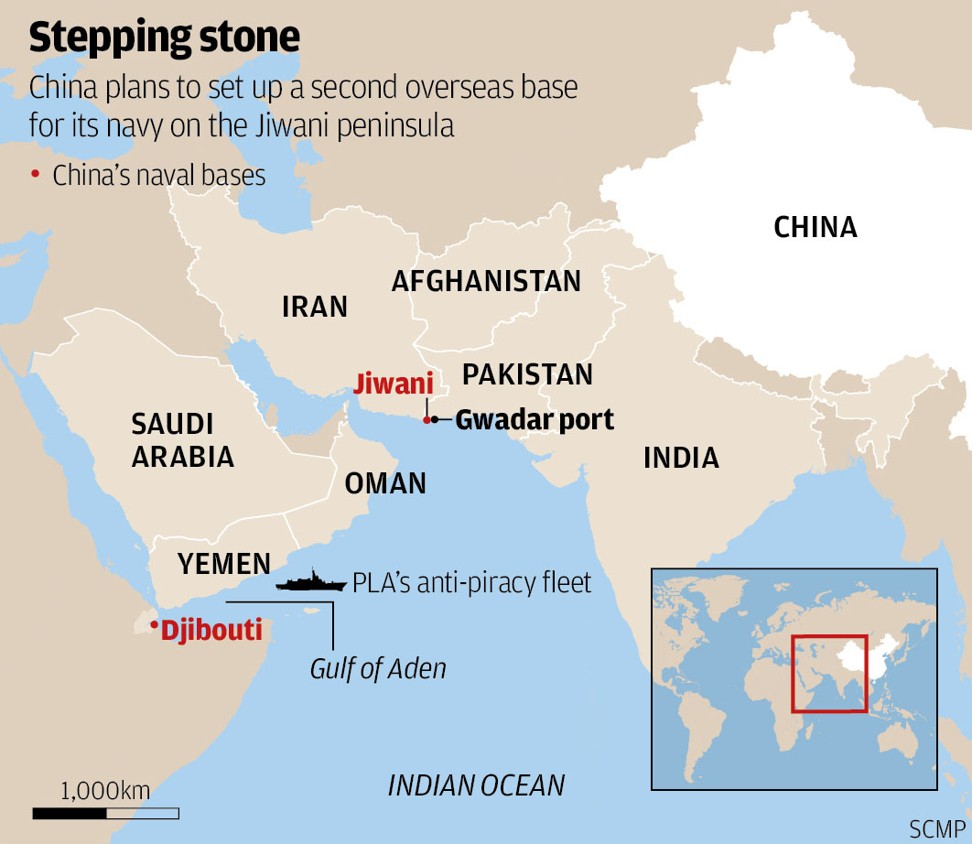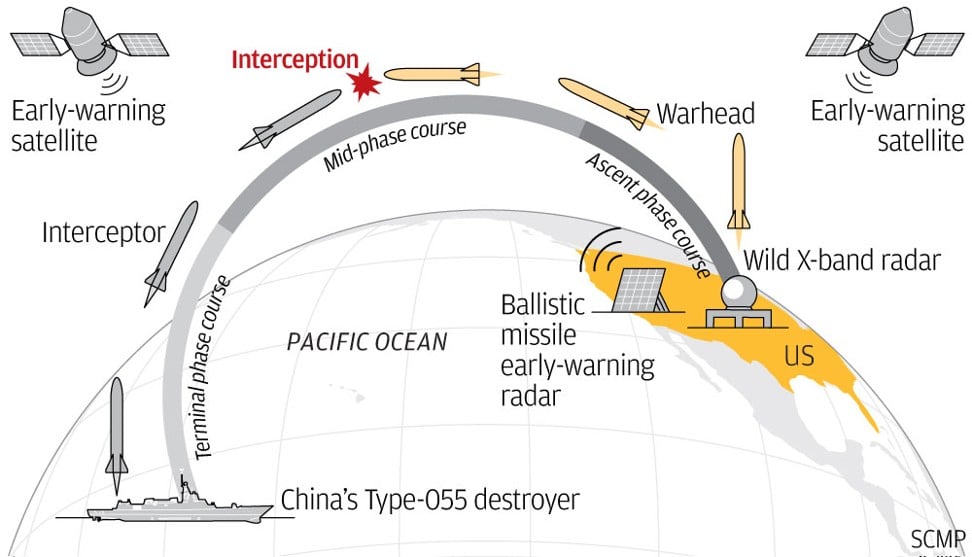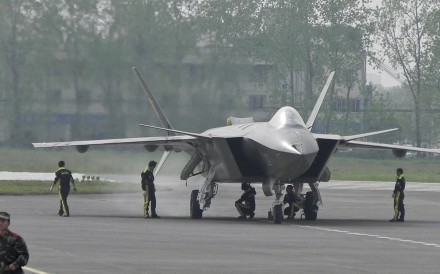- Reaction score
- 147
- Points
- 710
Meanwhile China looks like establishing a fairly serious naval foothold in Arabian Sea/Indian Ocean--Indians will be quite unhappy (and US?):
Paks deny naval base plan, but with bad relations with US and Trump cutting security assistance...
Mark
Ottawa
First Djibouti ... now Pakistan port earmarked for a Chinese overseas naval base, sources say
The facility would be similar to one in operation in African nation, offering logistics and maintenance services to PLA Navy vessels
Beijing plans to build its second offshore naval base near a strategically important Pakistani port following the opening of its first facility in Djibouti on the Horn of Africa last year.
Beijing-based military analyst Zhou Chenming said the base near the Gwadar port on the Arabian Sea would be used to dock and maintain naval vessels, as well as provide other logistical support services.
“China needs to set up another base in Gwadar for its warships because Gwadar is now a civilian port,” Zhou said.
“It’s a common practice to have separate facilities for warships and merchant vessels because of their different operations. Merchant ships need a bigger port with a lot of space for warehouses and containers, but warships need a full range of maintenance and logistical support services.”
Another source close to the People’s Liberation Army confirmed that the navy would set up a base near Gwadar similar to the one already up and running in Djibouti.
“Gwadar port can’t provide specific services for warships ... Public order there is in a mess. It is not a good place to carry out military logistical support,” the source said...
Gwadar port is a key part of the China-Pakistan Economic Corridor, a centrepiece of Chinese President Xi Jinping’s broader “Belt and Road Initiative” to link China through trade and infrastructure to Africa and Europe and beyond. The corridor is a multibillion-dollar set of infrastructure projects linking China and Pakistan, and includes a series of road and transport links...
http://www.scmp.com/news/china/diplomacy-defence/article/2127040/first-djibouti-now-pakistan-port-earmarked-chinese

Paks deny naval base plan, but with bad relations with US and Trump cutting security assistance...
Pakistan denies reports of Chinese military base near Gwadar
Pakistan’s Foreign Office (FO) spokesman Mohammad Faisal dismissed the reports as “propaganda” against the development of CPEC and strengthening Pakistan and China relations...
http://www.hindustantimes.com/world-news/pakistan-denies-reports-of-chinese-military-base-near-gwadar/story-5Qkpxhw62aF80Jpo35ux3J.html
Mark
Ottawa




